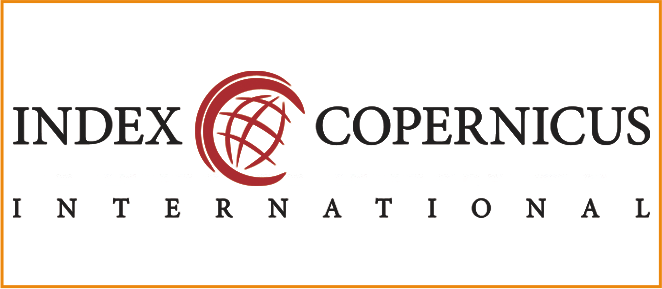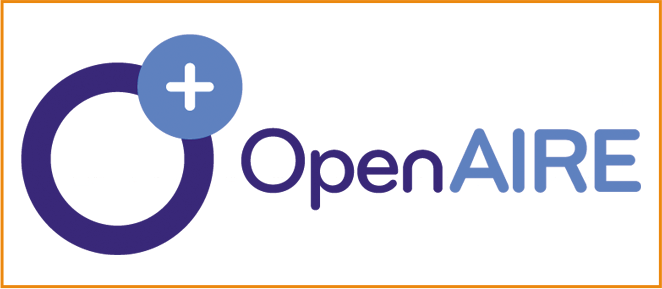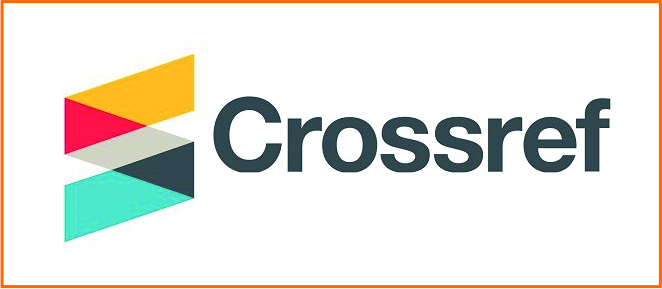Estimasi Proyek Aplikasi Online Shop dengan COCOMO II Menggunakan Pendekatan Algoritma SPRINT
Abstract
Software Project Estimation for an Online Shop Application Using COCOMO II with the SPRINT Algorithm. Effort estimation is an important factor in successful software development. COCOMO II is an estimation model that can estimate application project effort using scale factors and cost drivers. However, the accuracy of this model is considered low, so this research aims to improve the estimation accuracy of the COCOMO II model by applying the SPRINT algorithm approach to the research object of the online shop application project. The COCOMO II model is used to calculate the estimation of project time, personnel, and costs. Meanwhile, the SPRINT algorithm is used to predict the priority of module work based on the COCOMO II estimation results. This study compares the accuracy of effort estimation with previous research using the COCOMO II model with the C4.5 algorithm approach which is the predecessor of the SPRINT algorithm. The results show that the estimation of application projects using the COCOMO II model with the SPRINT algorithm approach produces 100% accuracy, more accurate than the COCOMO II model with the C4.5 algorithm approach which only produces 90% accuracy. This research proves that the use of the SPRINT algorithm can further improve the speed and accuracy of prediction compared to the use of the C4.5 algorithm.
Keywords
Full Text:
PDFReferences
Badan Pusat Statistik, Statistik eCommerce 2022/2023. 2023.
D. Manikavelan and R. Ponnusamy, “Software quality analysis based on cost and error using fuzzy combined COCOMO model,” J Ambient Intell Humaniz Comput, 2020, doi: 10.1007/s12652-020-01783-9.
D. Laurie Hughes, Yogesh K. Dwived, Antonis C. Simintiras, and Nripendra P. Rana, Success and Failure of IS/IT Projects, 1st ed. Springer Cham, 2016. doi: https://doi.org/10.1007/978-3-319-23000-9.
M. Y. Kotowaroo and R. K. Sungkur, “Success and Failure Factors Affecting Software Development Projects from IT Professionals’ Perspective,” in Soft Computing for Security Applications, G. Ranganathan, X. Fernando, and S. Piramuthu, Eds., Singapore: Springer Nature Singapore, 2023, pp. 757–772.
P. Chatzipetrou, E. Papatheocharous, L. Angelis, and A. S. Andreou, “A multivariate statistical framework for the analysis of software effort phase distribution,” Inf Softw Technol, vol. 59, pp. 149–169, Mar. 2015, doi: 10.1016/j.infsof.2014.11.004.
P. S. Kumar, H. S. Behera, K. Anisha Kumari, J. Nayak, and B. Naik, “Advancement from neural networks to deep learning in software effort estimation: Perspective of two decades,” Computer Science Review, vol. 38. Elsevier Ireland Ltd, 2020. doi: 10.1016/j.cosrev.2020.100288.
S. Sabrjoo, M. Khalili, and M. Nazari, “Comparison of the accuracy of effort estimation methods,” in 2015 2nd International Conference on Knowledge-Based Engineering and Innovation (KBEI), 2015, pp. 724–728. doi: 10.1109/KBEI.2015.7436134.
Muneeb Ullah, Rahman Ali, Abdullah, Mukhtiar Ahmad, Tufail Khan, and Farhan Ul Mulk, “Software Cost Estimation – A Comparative Study of COCOMO-II and Bailey-Basili Models,” 2019 International Conference on Advances in the Emerging Computing Technologies (AECT)., 2019, doi: https://doi.org/10.1109/AECT47998.2020.9194166.
Kadinar Novel, Sfenrianto Sfenrianto, Windu Gata, Kaman Nainggolan, and Mochamad Wahyudi, “Specify of Estimation Using C4.5 Algorithm of Software Project Estimation at the Point of Sales Application with Cocomo II,” in 2018 4th International Conference on Science and Technology (ICST), IEEE, 2018. doi: 10.1109/ICSTC.2018.8528638.
I. C. Suherman, R. Sarno, and Sholiq, “Implementation of random forest regression for COCOMO II effort estimation,” in Proceedings - 2020 International Seminar on Application for Technology of Information and Communication: IT Challenges for Sustainability, Scalability, and Security in the Age of Digital Disruption, iSemantic 2020, Institute of Electrical and Electronics Engineers Inc., Sep. 2020, pp. 476–481. doi: 10.1109/iSemantic50169.2020.9234269.
I. Kaur, G. S. Narula, R. Wason, V. Jain, and A. Baliyan, “Neuro fuzzy—COCOMO II model for software cost estimation,” International Journal of Information Technology, vol. 10, no. 2, pp. 181–187, 2018, doi: 10.1007/s41870-018-0083-6.
Liu Caili, “Research on Classification Algorithm in Data Mining,” in 2019 International Conference on Advanced Manufacturing, Computation and Optimization (AMCO 2019), The Academy of Engineering and Education (AEE), 2019. doi: 10.35532/jces.v1.012.
Z. ÇETİNKAYA and F. HORASAN, “Decision Trees in Large Data Sets,” Uluslararası Muhendislik Arastirma ve Gelistirme Dergisi, vol. 13, no. 1, pp. 140–151, Jan. 2021, doi: 10.29137/umagd.763490.
P. Sharma and J. Singh, “Systematic Literature Review on Software Effort Estimation Using Machine Learning Approaches,” in 2017 International Conference on Next Generation Computing and Information Systems (ICNGCIS), 2017, pp. 43–47. doi: 10.1109/ICNGCIS.2017.33.
Ian Sommerville, Software Engineering 7. New York, Harlow, England: Pearson/Addison-Wesley, 2004. Accessed: May 09, 2024. [Online]. Available: https://ifs.host.cs.st-andrews.ac.uk/Books/SE7/SampleChapters/ch26.pdf
S. M. R. Chirra and H. Reza, “A Survey on Software Cost Estimation Techniques,” Journal of Software Engineering and Applications, vol. 12, no. 06, pp. 226–248, 2019, doi: 10.4236/jsea.2019.126014.
Barry W. Boehm et al., Software Cost Estimation with COCOMO II. Prentice Hall, 2000.
V. Sheth, U. Tripathi, and A. Sharma, “A Comparative Analysis of Machine Learning Algorithms for Classification Purpose,” in Procedia Computer Science, Elsevier B.V., 2022, pp. 422–431. doi: 10.1016/j.procs.2022.12.044.
DOI: http://dx.doi.org/10.36448/expert.v14i1.3770
Refbacks
- There are currently no refbacks.
EXPERT: Jurnal Manajemen Sistem Informasi dan Teknologi
Published by Pusat Studi Teknologi Informasi, Fakultas Ilmu Komputer, Universitas Bandar Lampung
Gedung M Lt.2 Pascasarjana Universitas Bandar Lampung
Jln Zainal Abidin Pagaralam No.89 Gedong Meneng, Rajabasa, Bandar Lampung,
LAMPUNG, INDONESIA
Indexed by:













This work is licensed under a Creative Commons Attribution 4.0 International License.







